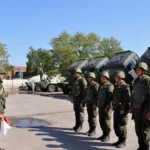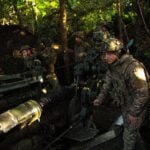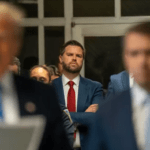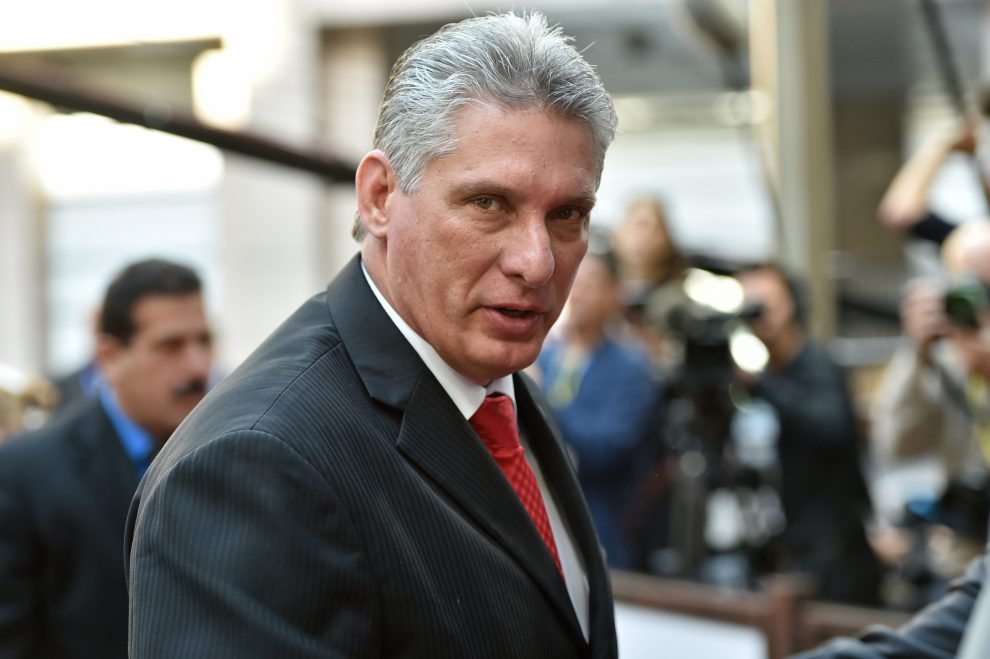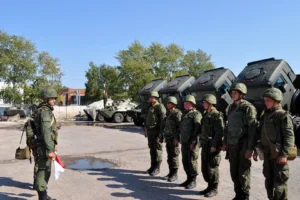Cuban President Miguel Diaz-Canel was given a second five year term by the country’s National Assembly on Wednesday, despite the severe economic conditions currently faced by the communist-run island.
Diaz-Canel’s reelection by the 470 member Assembly was widely expected.
He replaced Raul Castro as president in 2018 and as First Secretary of the Cuban communist party in 2021. He is the first person born after the 1959 revolution and not named Castro to hold both of those powerful titles.
While officially retired, Raul Castro still retains a seat in the National Assembly and the title of Army General. He is considered to wield great influence on affairs of state from behind the scenes.
Since taking office, Diaz-Canel, a 62-year-old electrical engineer by training, has faced a succession of calamities that pushed Cuba even nearer to the brink of economic collapse. Following the Obama administration’s policy of rapprochement with Cuba, former President Donald Trump abruptly reversed course, implementing some of the toughest economic sanctions in decades.
Then the pandemic all but closed Cuba to tourism, exacerbating already widespread food and medicine shortages.
On July 11, 2021, thousands of Cubans, angry over blackouts, lack of personal freedoms and worsening living conditions took to the streets in the largest anti-government protests since the Cuban revolution.
Within hours, Diaz-Canel appeared on state-run TV and gave supporters what he called “the order to combat,” saying, “the streets belong to the revolutionaries.”
Hundreds of Cubans were arrested and put on mass trial. Diaz-Canel said the protestors were pawns of the US, part of a plot to bring down the Cuban government.
The Biden administration responded with additional economic sanctions and has called on Diaz-Canel to release the prisoners.
“The sanctions hurt but serve as a scapegoat for the economic problems,” former Cuban diplomat Carlos Alzugaray told CNN. “They enhance the idea that this is a city under siege, that this is a country under siege. There are many ways that Americans would look at this: ‘rally around the flag,’ ‘circle the wagons,’ so the Cuban government is very good at doing that.”
Following his election, Díaz-Canel announced the ministers of his government who remained largely the same. By law, presidents of Cuba are restricted to two five-year terms and are required to begin their terms before turning 60. But the lack of any major changes or new faces in the upper levels of government on Wednesday meant there is still no hint of a designated successor for Díaz-Canel.
Source : CNN


